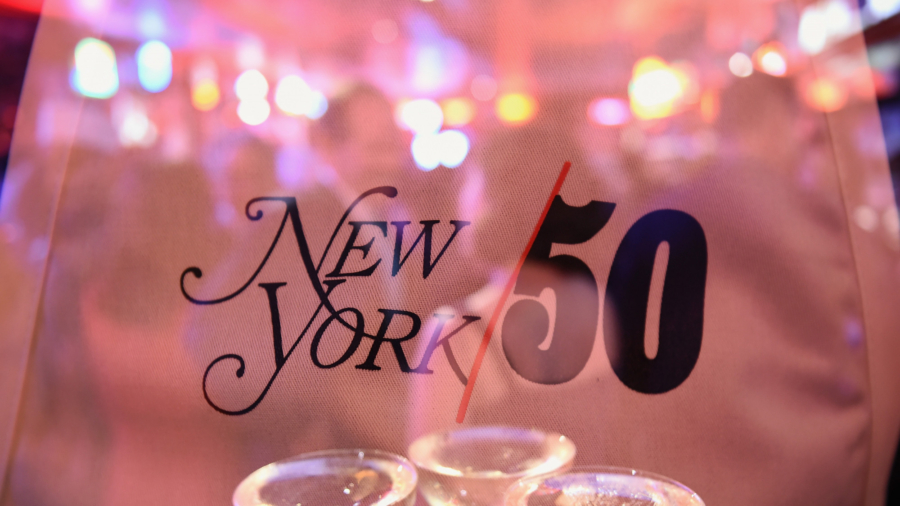Andrew Sullivan, a columnist for the New York Magazine, announced in a post on his Twitter that he will be resigning from the publishing company on Tuesday, July 14.
Although Sullivan did not detail in his tweets why he chose to leave the publication company, he did mention that the “underlying reasons for the split are pretty self-evident.”
Sullivan also indicated that he will be writing one last column for the magazine, in which he will be addressing “the broader questions involved,” according to a tweet.
“This will be my last week at New York Magazine. I’m sad because the editors I worked with there are among the finest in the country, and I am immensely grateful to them for vastly improving my work. I’m also proud of the essays and columns I wrote at NYM—some of which will be published in a collection of my writing scheduled for next year. I have no beef with my colleagues, many of whom I admire and are friends,” Sullivan wrote.
All of this came amidst the differences in viewpoints as well as the free speech controversies among the various different publication companies, according to Fox News.
His resignation came following Bari Weiss, an opinion columnist and editor for the New York Times, had written her own resignation letter explaining why she was leaving, according to Fox News.
Sullivan was also one of the people who commented on Weiss’s resignation from the New York Times and, referring back to Weiss’s resignation letter, which she posted on her website, he wrote, in a tweet, “The mob bullied and harassed a young woman for thoughtcrimes. And her editors stood by and watched.”
Following the announcement that Sullivan made regarding his resignation at New York Magazine, David Haskell, the Editor-in-Chief, sent an email to the staff, addressing this issue.
In the email, he indicated that the decision to part ways was agreed to by both parties: “Andrew and I agree that this editorial project and the magazine’s, through overlapping in many ways, were no longer the right match for each other.”
Haskell further elaborated: “I believe there is a way to write from a conservative perspective about some of the most politically charged subjects of American Life while still upholding our values. I also think that our magazine in particular has an opportunity to be a place where the liberal project is hashed out, which is to say, not only championed but also interrogated.”

